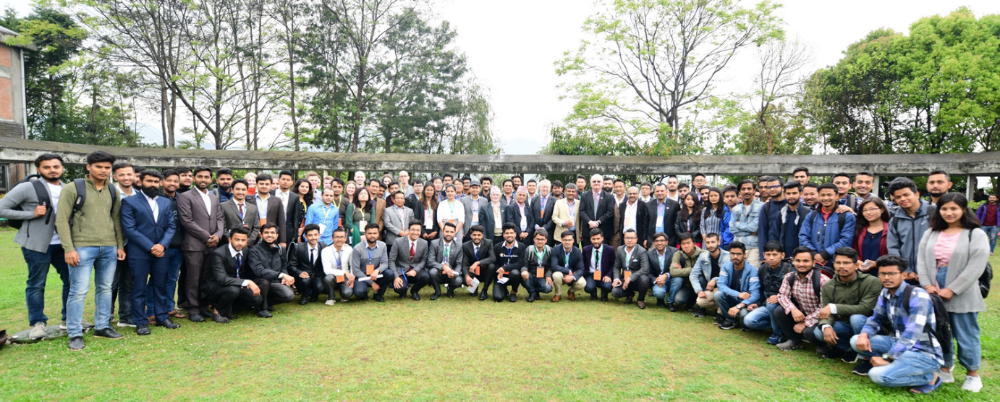EnergizeNepal
EnergizeNepal
EnergizeNepal

Development of new technologies and associated human resources to address complex technological and cost issues is important for accelerated development and utilization of renewable energy in Nepal. The Government of Nepal has acknowledged the need for technology and human resources development in the energy sector. The Government also seeks to improve service delivery of renewable energy technologies to rural areas by supporting technical innovation and applied research.
International development partners have been supporting Nepal's energy development efforts for many years. Norway's assistance to Nepal has also focused on addressing the above challenges. It has supported many Nepalese institutions that have proved vital for energy sector development in Nepal. There are collaborative efforts between Nepalese and Norwegian organizations for developing scientific and technical capacity in the Nepalese renewable energy sector. Developing innovative technologies and enhancing related human resources development is still a vital area of work. The EnergizeNepal programme has been designed to address this need. It will benefit Nepal and Norway to gain knowledge and expertise in renewable energy development in the Himalayan or similar regions.
Objectives
The objective is to improve the capacity of research and education required for development of the renewable energy sector in Nepal and the region.
Activities and Results
EnergizeNepal will achieve its development objectives through its two main components:
Hydropower Development Component
Will focus on research and education in various aspects of hydropower development. The objective of the Hydropower Development Component is to develop research and education capacity to support hydropower development in Nepal and the region.
The result from this work has been the development of the Turbine Testing Laboratory at Kathmandu University, where education, research and development of mechanical equipment is the focus. The collaboration between Kathmandu University and NTNU has resulted in student exchange, common research and an annual research conference.
Another result from this work is the strengthening of HydroLab. Enhancement of the capacity of the existing HydroLab by completion of modified water conveyance system and one numerical hydraulic model in the field of hydraulics and sedimentation. The Geological/Geo-technical facilities at HydroLab is developed to initiate for numerical modelling and elasticity modular test.
Renewable Nepal component
Will focus on research in the renewable energy sub-sector. The objective of the Renewable Nepal Component is to develop applied research capacity required for renewable energy development in Nepal and the region. This has resulted in 6 new products and services related to renewable energy technology and 25 different institutions has been involved.
Partners: NTNU, Kathmandu University (Nepal), HydroLab (Nepal), SINTEF and the Royal Norwegian Embassy in Nepal
Project start: 21.11.2016
Project end: 15.10.2023
Financed by: The Royal Norwegian Embassy in Nepal, Kathmandu University and NTNU
Bilde energizenepal

